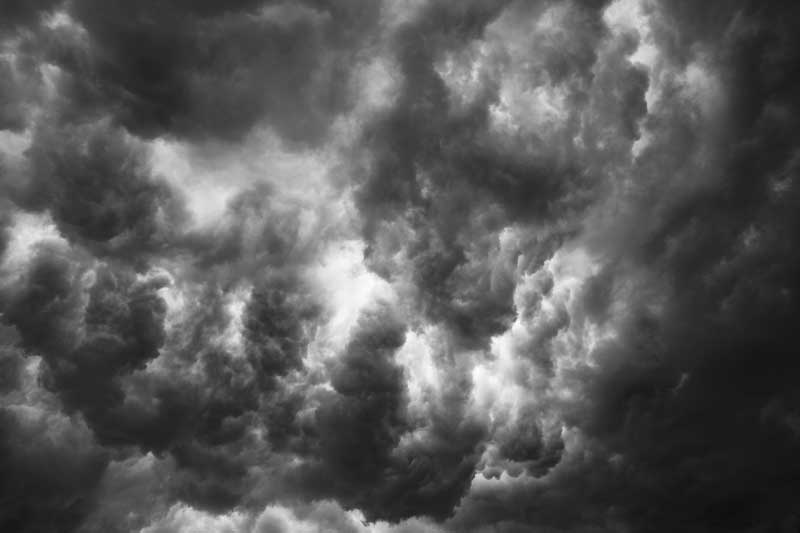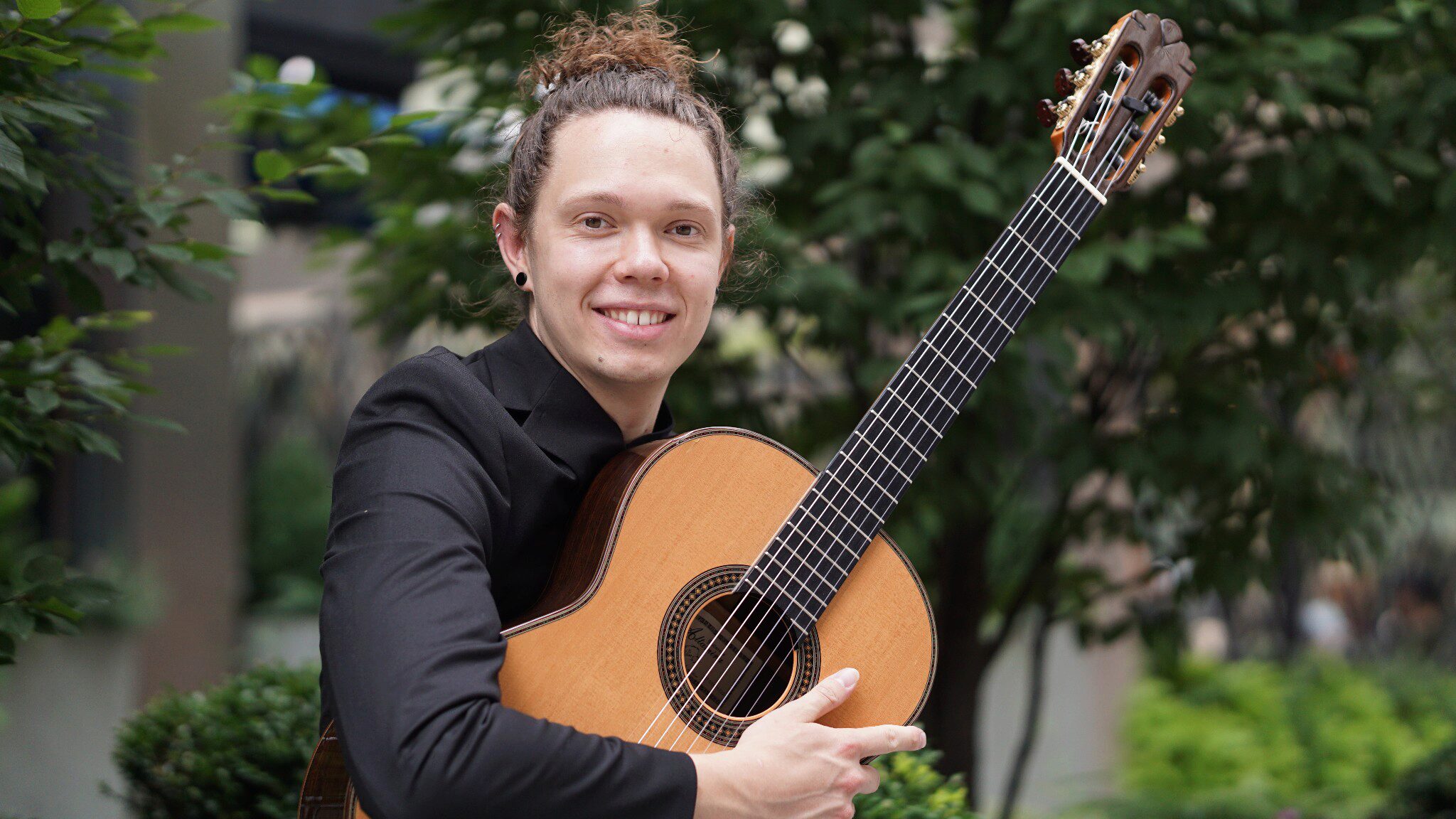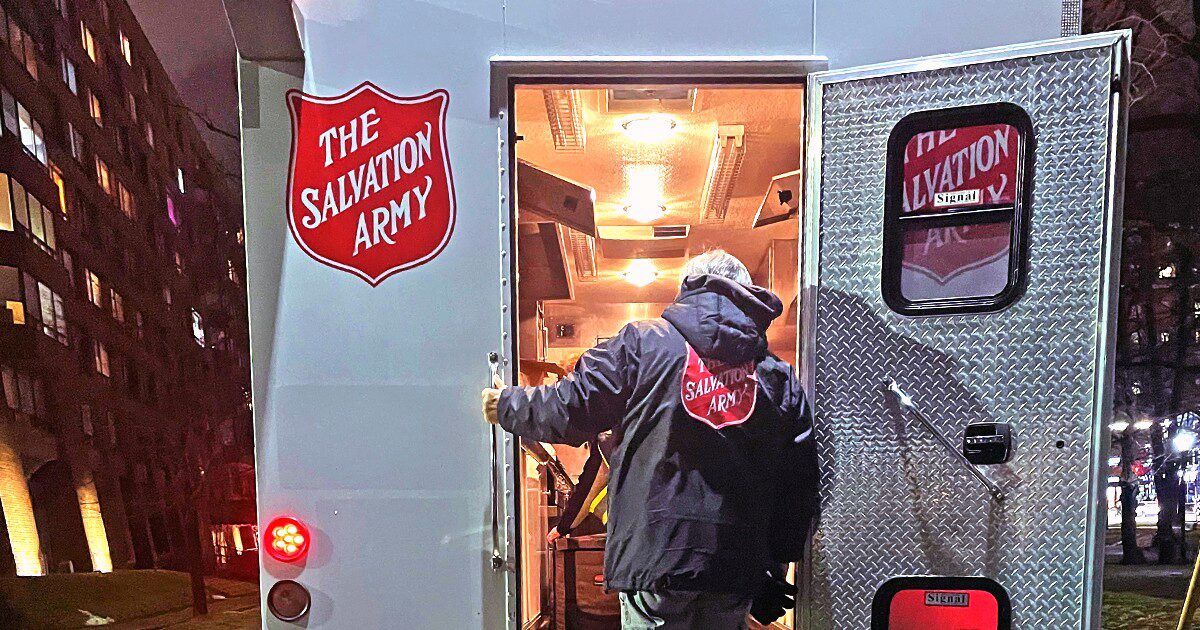Empty Worship
The Book of Amos describes a society with a stark disparity between rich and poor. Land and livelihood had been stolen from families through unfair advantage, manipulation of the legal system, coercion and violence. Cheating in business transactions was standard practice, especially when the victims were unable to defend themselves (see Amos 8:4-6). Laws were changed so that what was legal was no longer connected to what was just.
Amos saw clearly that the excesses of those at the pinnacle of power and wealth were rooted in the systematic oppression of those who had few resources and little say. He scorned those who lived in luxurious comfort—feasting, lounging and denying themselves no pleasure—while simultaneously ignoring the ruin of their community (see Amos 4:1-3; 6:4-7). The cruel reality was that there were far more victims than victors.
Even more scandalous, Israel’s temples were flourishing. Sacrifices were offered, hymns were sung and festivals were celebrated by those who could afford it, while many of their fellow Israelites were starving to death. Israel’s life and worship had become so disconnected that going to worship at the major shrines at Bethel and Gilgal simply made things worse.
“Come to Bethel—and sin. Come to Gilgal—and sin even more,” roared the prophet (see Amos 4:4, author’s translation). Rather than cultivating character and community, Israel’s worship drove God away. God’s displeasure erupted in his declaration, “I hate, I absolutely despise your celebrations; I find nothing pleasing in your worship” (see Amos 5:21, author’s translation). This was not the way it was supposed to be.
Community of Contrast
What lay beneath Amos’ demand for justice ran much deeper than simple offence at the abuses of power and privilege. It was more than moral outrage at the fundamental unfairness of the distribution of resources. According to Amos, the crushing oppression of some Israelites was a betrayal of Israel’s covenant relationship with God and its vocation to be a community that would look and operate differently from those around it.
Born out of its experience of brutal slave labour under Pharaoh’s regime in Egypt, Israel was called to be a community that would strike a profound contrast. Where Egyptian society was divided along social, economic and ethnic lines, Israel was called out of Egypt to become a community that shared resources, a community in which there were no poor (see Deuteronomy 15:4). No one would have too much, especially at the expense of those who have less; no one would have too little to survive.
Power was also to be shared broadly. The concentration of power in the hands of a few posed a mortal danger to the community’s well-being. This is why we find the king’s powers restricted dramatically in the Book of Deuteronomy (see Deuteronomy 17:14-20). The power, status and wealth of a king could be an addictive, corrupting influence. Left unchecked, it would spread like a cancer through the entire community, resulting in a race to power and affluence at the expense of fellow Israelites. The trickle-down effects would quickly threaten the very life and witness of Israel as the covenant community, grounded in its faithfulness to the God who frees the oppressed.
Vision of Shalom
In Hebrew, one word captures the Israelite vision of wholeness, flourishing and healthy human community: shalom. Usually translated as “peace,” shalom has connotations that go far beyond the simple absence of conflict. It is used to express a vision of a world in which relationships are healthy, strong and based in good will. Such relationships are life-enhancing—even life-giving—rather than life-threatening. Shalom describes an environment in which all are able to flourish. It expresses the hope for a world much like that described in the Garden of Eden (see Genesis 2), in which people live with one another in openness and harmony with the world around them and in faithful relationship with God.
We might dismiss this as wishful thinking, but God’s redemptive purpose—the dream of a world in which the reality of life matches God’s will— reaches fulfilment in an astonishing vision of a new heaven and a new earth (see Revelation 21). This vision does not derive from human imagination; it is a vision inspired by the God who is revealed in the Scriptures.
Israel, brought out of brutal slavery in Egypt and called to be a community of shalom, should have been a light to the nations (see Isaiah 42:6)—pointing to the new heaven and new earth and to the Lord who would bring it to pass. Instead, in its quest to become like the nations (see 1 Samuel 8:5), Israel abandoned its vocation and, by the time of Amos in the eighth century BC, was indistinguishable from Egypt. Instead of being a light to the nations, Israel’s light had been placed under a bushel; its salt had lost its saltiness (see Matthew 5:13-16).
Who is My Neighbour?
In this situation, what was left for Israel? Not much, frankly. Amos would go on to declare that because Israel abandoned the requirement for neighbour to care for neighbour, it had relinquished its covenant with God entirely. Worship of God devoid of concern for our neighbour is empty, shallow—even offensive to God.
One of the great temptations (but not the only one!) that confronts the church is to ignore the experience of Israel in the time of Amos. We, too, are called to be a community of contrast, in which our love for God is expressed in our concern for our neighbours. We are called to recognize that the well-being—the shalom—of our neighbours and our neighbourhoods is a vital Christian interest. We cannot rest when so many are consigned to poverty and the margins of society, and frozen out of the abundance that some of us enjoy.
Amos pointed out that undivided loyalty to God leads necessarily to concern for our neighbour. The church should be the community that lives out this vision of a world of shalom, not as though we have already achieved it, but that we press on—with God’s help—seeking the fullness of God’s salvation for the world.
Dr. Donald E. Burke is a professor of biblical studies at Booth University College in Winnipeg.
This is the first of a two-part article.
Feature photo: © iStock.com










Leave a Comment